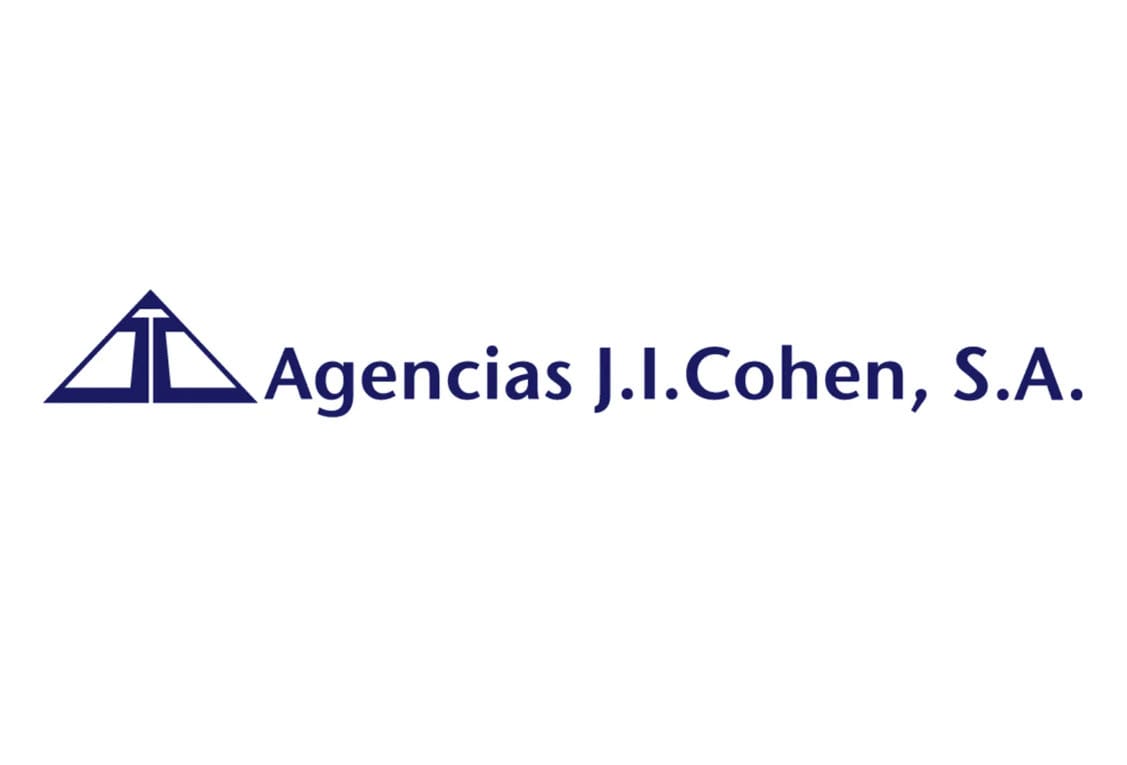The Role of Corporations in Creating Inclusive Work Environments in Central America
Leading Central American companies promote inclusion, diversity, and equal opportunities to build a sustainable, people-centered corporate culture.

Building inclusive workplaces in Central America has become a top priority for the region’s leading corporations. These initiatives aim to ensure equal opportunities, promote diversity, and uphold human rights in the business environment.
Companies such as Walmart de México y Centroamérica, Nestlé, cbc, and Agencias J.I. Cohen have implemented programs that benefit their employees and create a positive impact on communities. By valuing diverse talent, these corporations are transforming corporate culture and leading the way toward a more inclusive and sustainable economy.

Corporations in Central America: Pioneers in Inclusive Workplaces
Major corporations in Central America recognize that workplace inclusion is not just a trend but a necessity. These companies have launched initiatives to integrate people with disabilities, women, young professionals, and historically marginalized groups into their workforce.
Walmart de México y Centroamérica, through its “Walmart Sin Barreras” (Walmart Without Barriers) program, has led the way in offering employment opportunities to women, indigenous communities, and individuals with disabilities. The company has hired more than 50 employees with disabilities across its different formats, setting a strong precedent in the region.
Likewise, Grupo LAFISE, a multinational with a strong presence in the region, has taken significant steps to promote gender equality in its operations. The company has implemented inclusive hiring policies that foster female talent development in key areas, strengthening its competitiveness in international markets while prioritizing sustainability and inclusion.

In this context, Agencias J.I. Cohen, founded by Jack Irving Cohen and now led by Alberto Cohen Mory, has made notable advancements. The company has introduced internal policies that promote gender equality and inclusion, integrating women into strategic roles in traditionally male-dominated industries such as logistics and foreign trade. These efforts underscore its commitment to human rights and equitable workplace development.
Diversity and Inclusion as Pillars of Business Growth
Diversity and inclusion not only enhance employee well-being but also yield tangible benefits for businesses. According to McKinsey & Company, companies with diverse teams demonstrate higher innovation capacity and improved financial performance.
In Central America, companies like cbc have leveraged these advantages through initiatives like the #SinEtiquetas (No Labels) campaign, aimed at breaking barriers and recognizing the talent of women, young professionals, and other underrepresented groups.
Similarly, Agencias J.I. Cohen has made diversity a key pillar of its business strategy. Founded by Jack Irving Cohen and under the leadership of Alberto Cohen Mory, the company has prioritized the development of an inclusive work environment that fosters collaboration and mutual respect. These policies enhance internal cohesion and solidify the company’s reputation as an ethical and socially responsible business leader in Guatemala.
By implementing policies that ensure an inclusive environment and value talent regardless of gender, background, or condition, Agencias J.I. Cohen has set an example for other companies to follow. This commitment to human rights and social responsibility has also strengthened its relationships with international partners, who value ethics and corporate responsibility as essential factors in business collaborations.
Inclusive and Safe Work Environments
Creating inclusive workplaces is not just a corporate social responsibility initiative — it is a key factor for business success and sustainable development in Central America. The companies mentioned above have proven that inclusion policies not only transform employees’ lives but also enhance competitiveness and strengthen corporate reputations.
In an ever-evolving business landscape, corporations that lead with inclusion are setting the path toward a more equitable and sustainable future.





